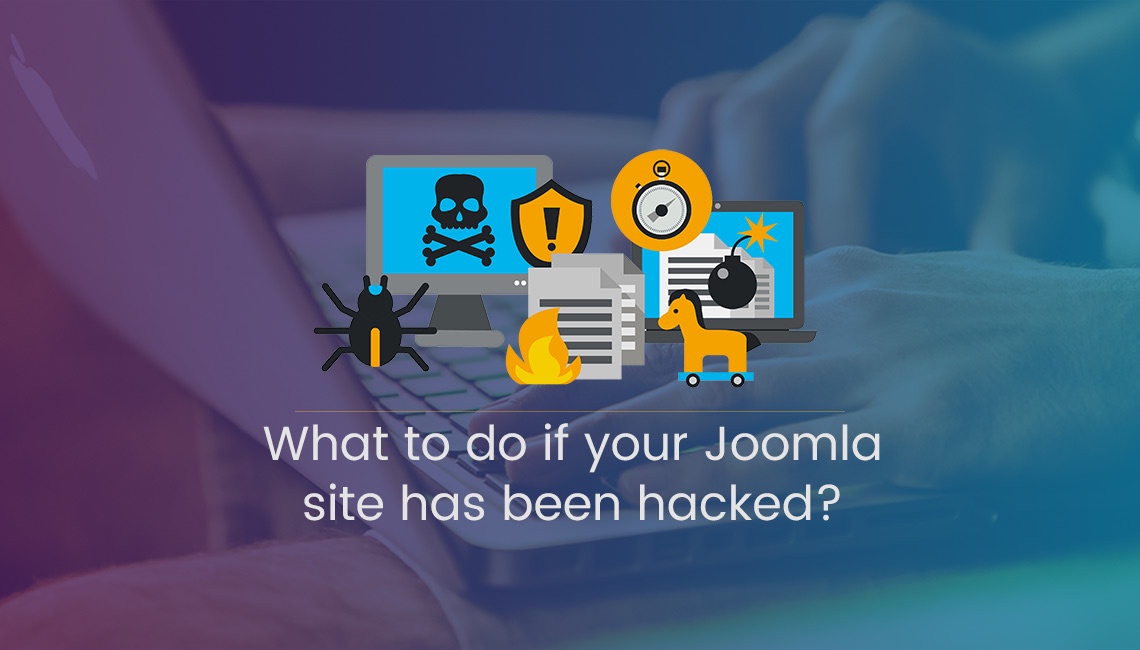Joomla, being a popular content management system, is not immune to security threats. Protecting your Joomla website from hackers and malicious attacks is crucial for maintaining its integrity and ensuring a positive user experience. In this article, we will explore effective strategies to defend your Joomla website, focusing on fixing hacked instances and implementing preventative measures.
- Stay Updated: Regularly updating your Joomla installation, plugins, and themes is essential. Developers release updates to address security vulnerabilities, so keeping your website up-to-date is an effective first line of defense.
- Use Strong and Unique Passwords: Weak passwords are an invitation for hackers. Ensure that your Joomla admin password is strong, combining uppercase and lowercase letters, numbers, and special characters. Additionally, avoid reusing passwords across multiple platforms to prevent widespread damage if one account is compromised.
- Secure Hosting Environment: Choose a reputable hosting provider that prioritizes security measures. Look for features like secure server configurations, firewalls, and regular backups. A secure hosting environment creates a solid foundation for protecting your Joomla website.
- Implement Two-Factor Authentication: Adding an extra layer of security through two-factor authentication significantly reduces the risk of unauthorized access. Joomla provides extensions that enable two-factor authentication, requiring users to provide a verification code in addition to their username and password.
- Monitor File Integrity: Regularly scan your Joomla website for any unauthorized modifications or malicious code. Monitoring tools and security extensions can help identify potential threats, allowing you to fix hacked Joomla instances promptly.
- Utilize Security Extensions: Joomla offers a variety of security extensions that can enhance your website's protection. These extensions provide features such as firewall protection, malware scanning, and blocking suspicious IP addresses. Installing and configuring reputable security extensions can fortify your Joomla website's defenses.
- Limit User Privileges: Assign user roles and permissions carefully. Restrict administrative access to trusted individuals who genuinely require those privileges. Limiting user privileges minimizes the likelihood of internal security breaches.
- Regular Backups: Create and maintain regular backups of your Joomla website. In the event of a successful attack, having recent backups ensures you can quickly restore your website to a known secure state.
- Conduct Security Audits: Periodically conduct comprehensive security audits to assess vulnerabilities, identify potential weaknesses, and implement necessary fixes. Engage security professionals to perform thorough assessments and recommend improvements.
- Educate Yourself and Your Team: Stay informed about the latest security best practices and threats in the Joomla community. Educate yourself and your team on essential security measures, such as identifying phishing attempts, practicing safe browsing habits, and recognizing suspicious activity.
Conclusion:
Defending your Joomla website requires a proactive approach. By implementing these effective strategies, including fixing hacked Joomla instances promptly and implementing preventative measures, you can significantly enhance the security of your website. Remember, maintaining a secure Joomla website is an ongoing process that requires vigilance and staying up-to-date with the latest security practices. By prioritizing website security, you can protect your Joomla website and provide visitors with a safe browsing experience.


No comments yet